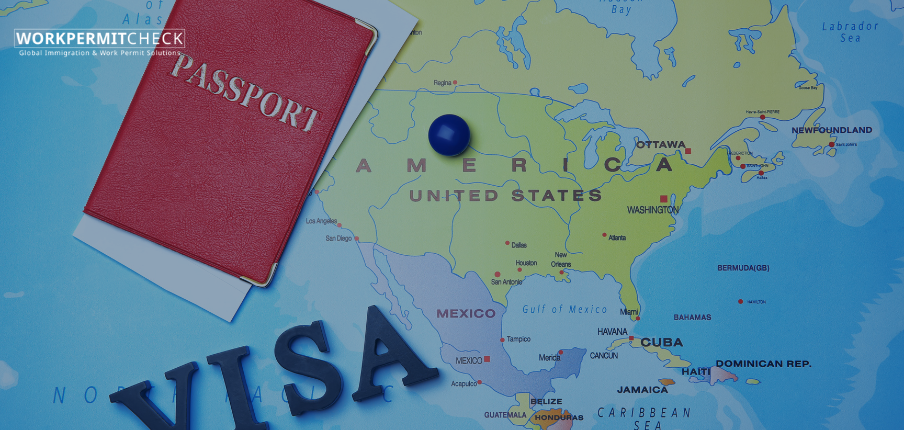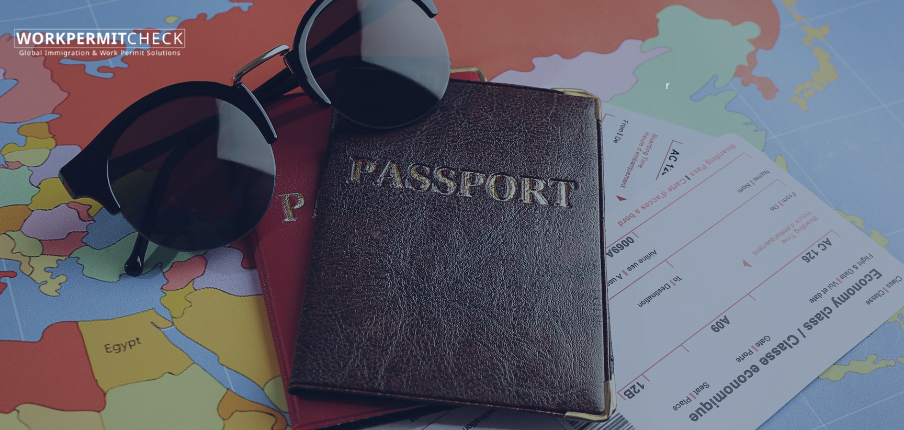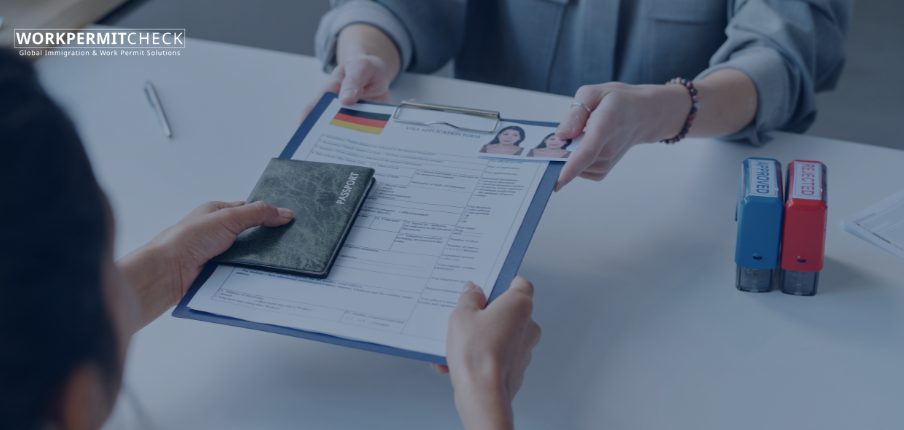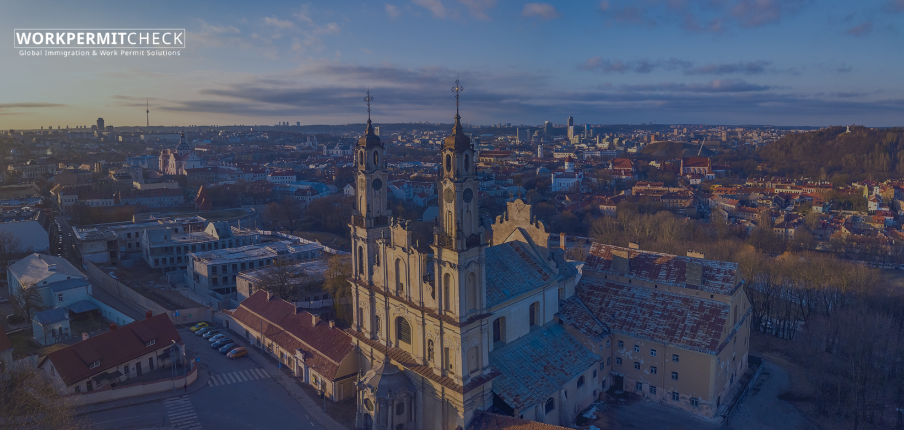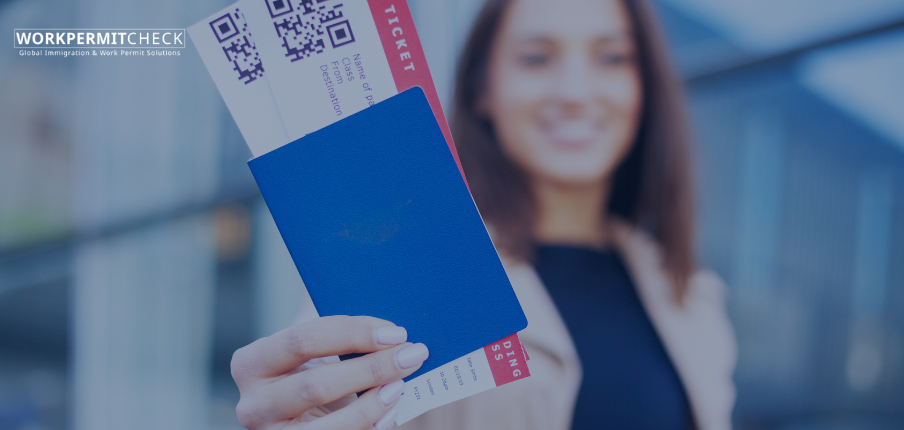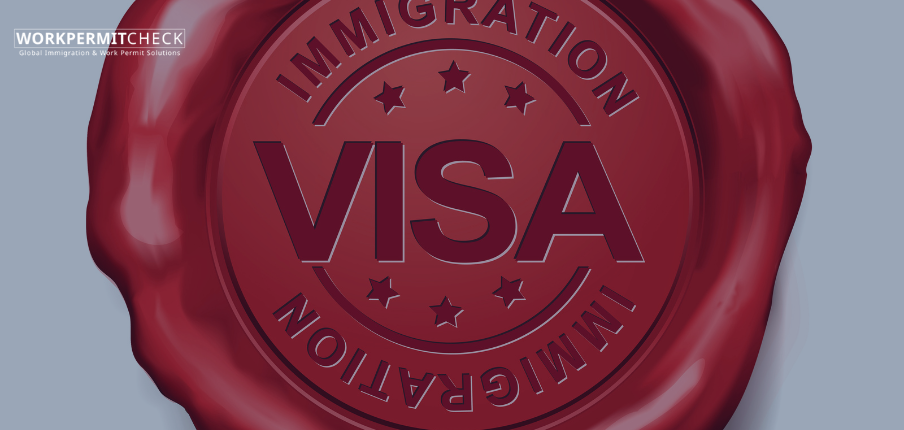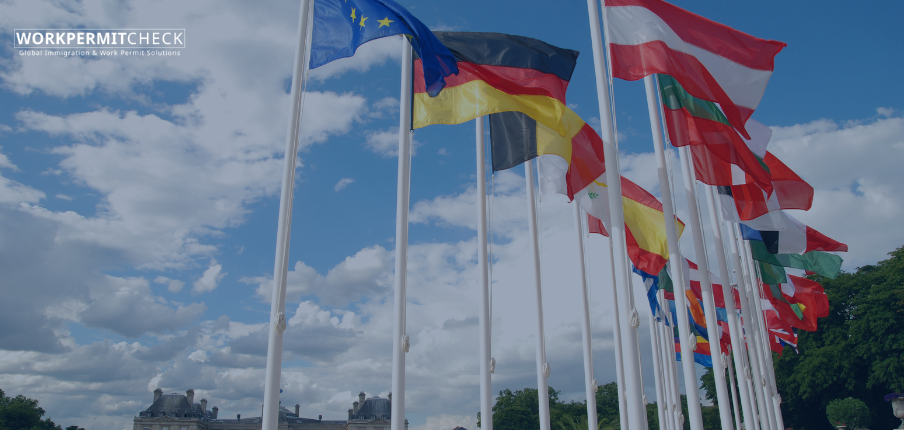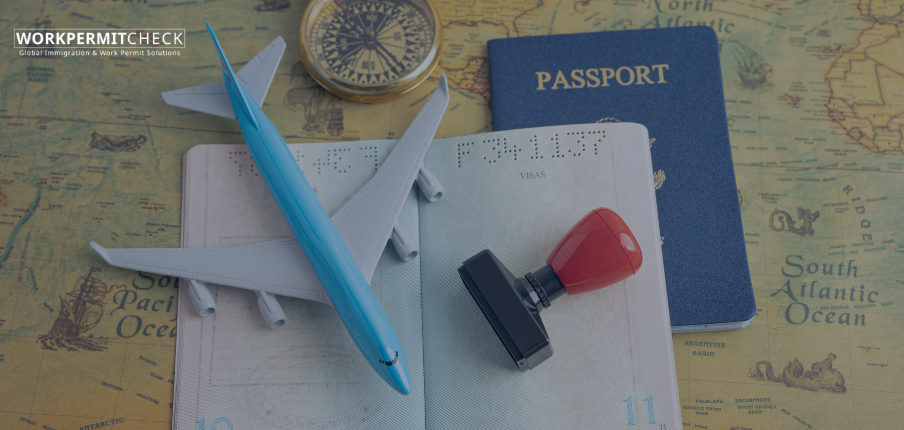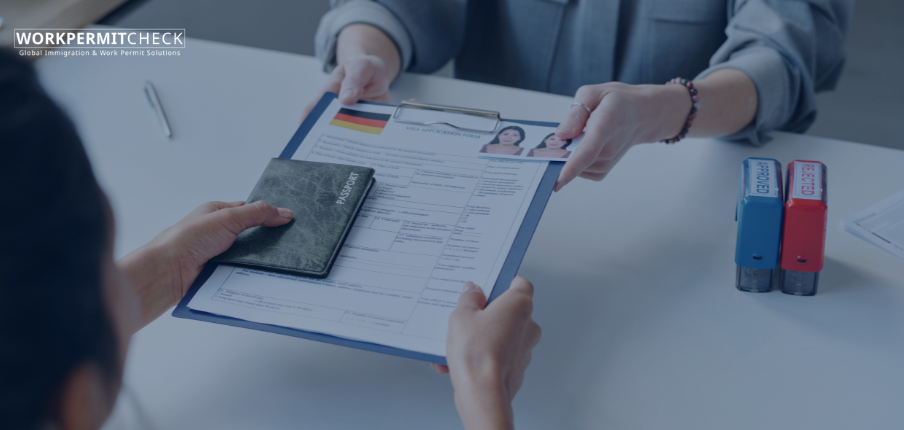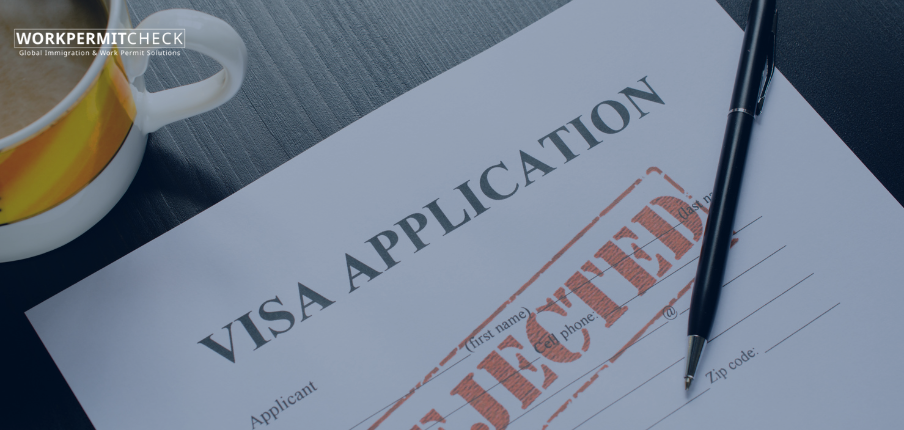Germany offers various types of residence permits and visas for foreign professionals, one of which is the ICT (Intra-Corporate Transfer) visa. This visa is specifically designed for non-EU nationals who are being temporarily transferred by their employer from a company outside the EU to a branch or affiliate within Germany. The ICT visa facilitates the legal stay and work of managers, specialists, and trainees across international branches of the same corporate group.
1. Who Can Apply for an ICT Visa?
The ICT visa is intended for third-country nationals who are already employed by a company outside the EU and are being transferred to a company unit in Germany that belongs to the same corporate group. The visa is available to:
-
Managers – those managing a department, unit, or the company.
-
Specialists – employees with essential company-specific knowledge, including technical expertise or proprietary systems.
-
Trainees – employees undergoing professional development training in Germany.
2. Key Requirements for an ICT Visa
To apply for the ICT visa for Germany, applicants must meet several conditions:
-
Employment: You must have been employed by the sending company for at least 6 uninterrupted months prior to the transfer.
-
Valid Assignment: There must be a binding assignment agreement between the employee and the sending and host entities detailing the transfer duration and role.
-
Corporate Relationship: The German company must be a branch, subsidiary, or affiliate of the foreign employer.
-
Salary and Working Conditions: The salary and working conditions in Germany must comply with national labor standards.
-
Non-EU Citizenship: The applicant must be a citizen of a non-EU country.
-
No Local Labor Market Test: No approval from the Federal Employment Agency (Bundesagentur für Arbeit) is needed in most cases, as long as all other requirements are fulfilled.
3. Validity and Duration
The German ICT visa is:
-
Valid for up to 3 years for managers and specialists
-
Valid for up to 1 year for trainees
-
Non-renewable beyond the maximum period; the employee must leave Germany after the assignment ends
-
Issued as a national visa (D-type), followed by a residence permit issued by the local Foreigners’ Authority (Ausländerbehörde)
4. Application Process
The process to obtain an ICT visa typically includes:
-
Submission of Application to the German embassy or consulate in the employee’s home country.
-
Required Documents include:
-
Valid passport
-
Assignment letter or employment contract
-
Proof of corporate relationship between entities
-
Proof of qualifications and work experience
-
Health insurance coverage
-
Accommodation details in Germany
-
-
Visa Processing Time: Usually takes 4–10 weeks, depending on the individual case and location.
Once in Germany, the visa holder must register their address and apply for a residence permit at the local Foreigners’ Authority.
5. ICT Mobility in the EU
The ICT Directive is an EU-wide regulation. If an ICT visa is issued by another EU member state, the employee can also work in Germany for up to 90 days within 180 days under the short-term mobility provisions. For longer stays, a Mobile ICT Card is required.
6. Can Family Members Accompany the Visa Holder?
Yes, family members (spouse and minor children) can apply for dependent visas. In most cases, spouses are also allowed to work in Germany without requiring a separate work permit.
7. Difference Between ICT Visa and Other Work Permits
| Criteria | ICT Visa | Regular Work Permit (e.g., EU Blue Card) |
|---|---|---|
| Employer | Same employer abroad and in Germany | New employer in Germany |
| Duration | Max 3 years (1 year for trainees) | Up to 4 years, renewable |
| Labor Market Test | Not required | May be required |
| Prior Employment Abroad | Minimum 6 months | Not required |
| EU-wide Mobility | Yes (limited) | Not automatically available |
Conclusion
The ICT visa is a practical solution for multinational companies to move their employees temporarily across borders within the EU, including to Germany. It simplifies intra-company mobility and strengthens global operations by allowing qualified non-EU staff to work in their German subsidiaries or branches for a limited period.
Disclaimer: This article is for informational purposes only. For the most accurate and personalized advice, consult the German embassy, a licensed immigration consultant, or the local Foreigners’ Authority in Germany.
July 1, 2025
